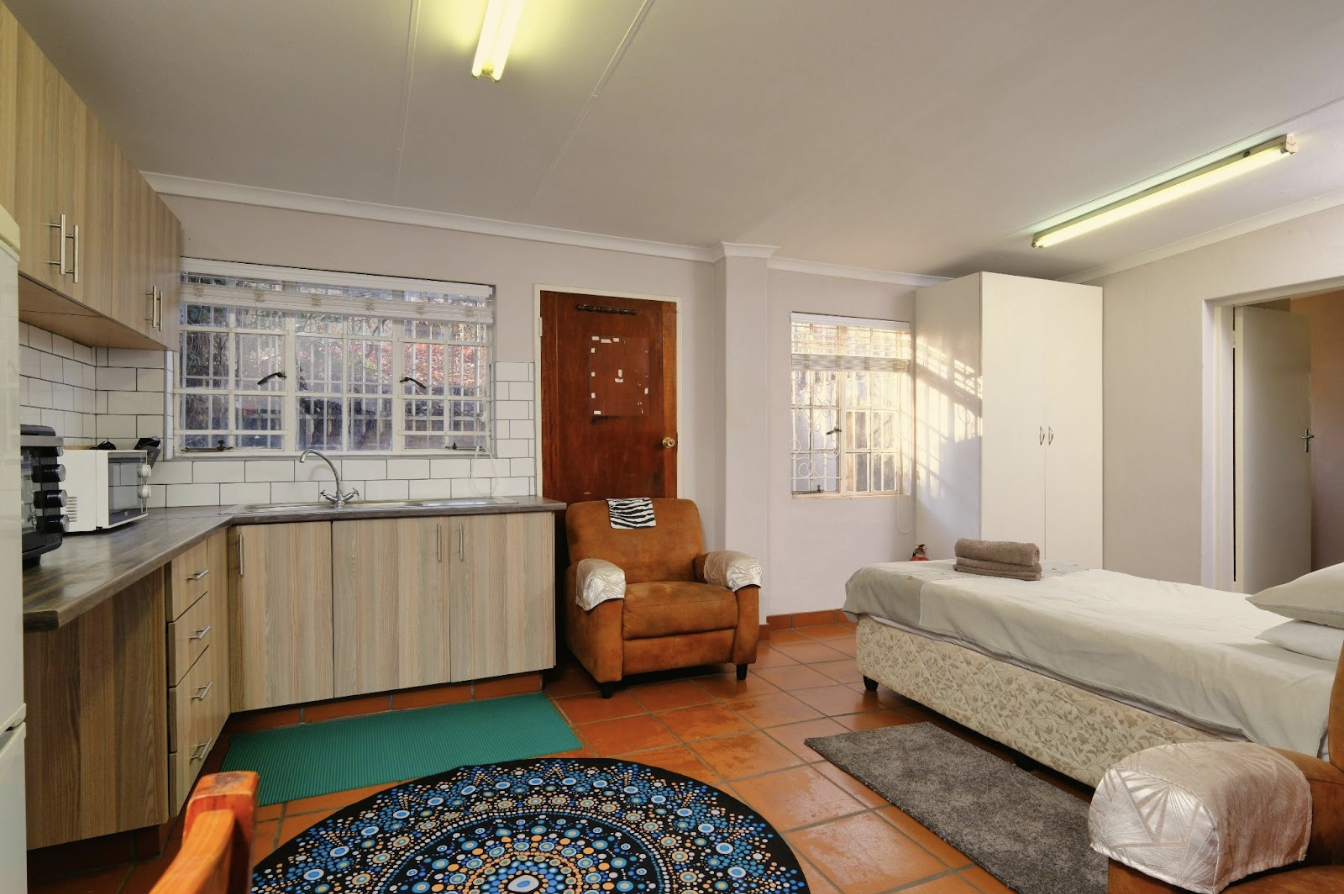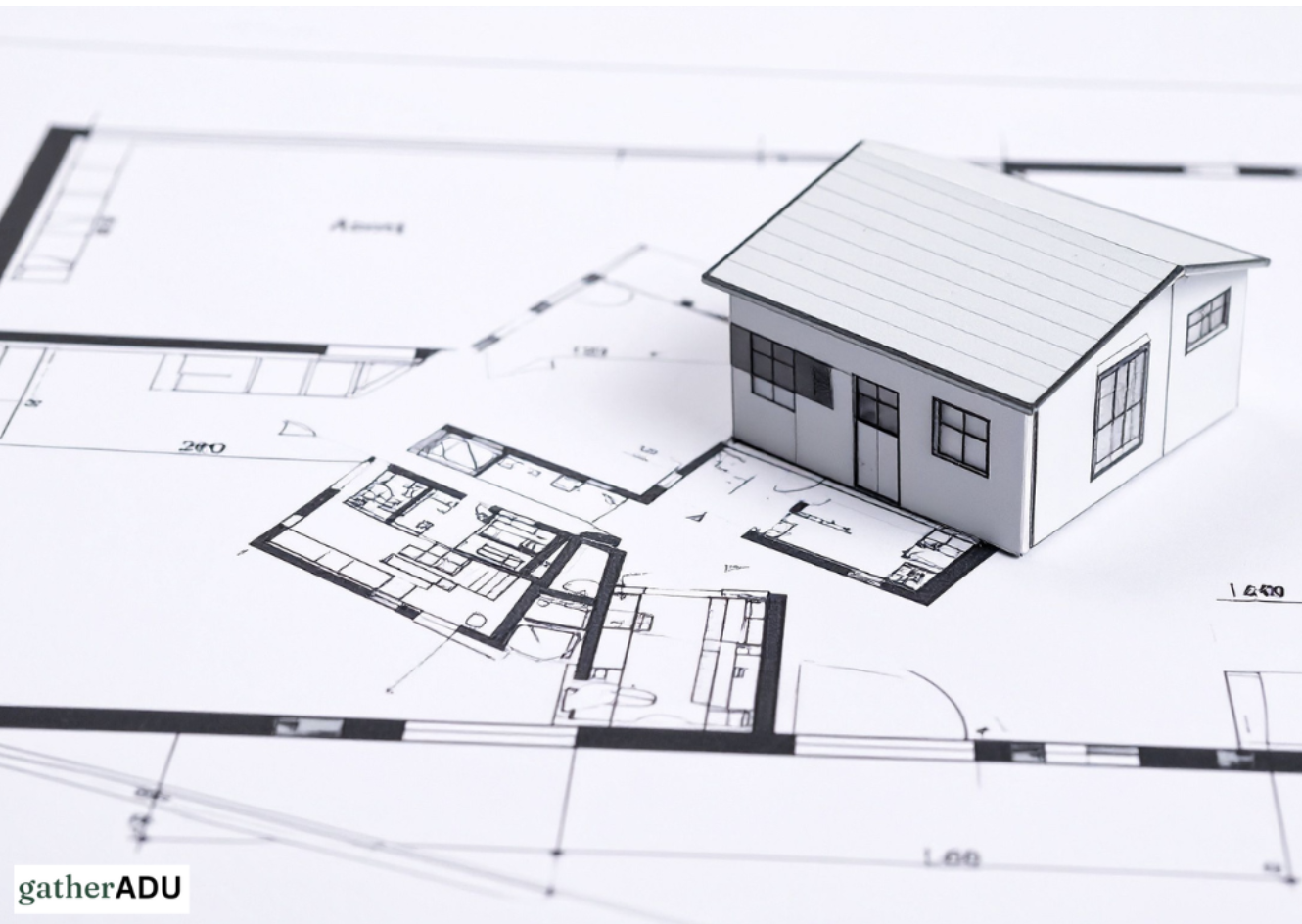Accessory Dwelling Units (ADUs) have become an increasingly popular choice for homeowners and developers in the United States. These secondary units—often referred to as granny flats, in-law suites, or backyard cottages—provide flexible living space on residential properties. They are ideal for multigenerational families, rental income, or creating a home office or guest suite. In Concord, California, like many other cities across the country, the demand for ADUs has been on the rise, driven by the need for affordable housing and efficient land use.
However, before embarking on the journey of building an ADU, understanding local regulations and securing the necessary permits is crucial. In this article, we will explore the intricacies of Concord’s ADU regulations, the permitting process, and how homeowners can navigate these aspects to ensure their projects meet local standards and expectations.
1. Understanding ADUs in Concord
An Accessory Dwelling Unit (ADU) is defined by the state of California as a residential unit that is located on the same property as a primary residence. It is a fully functional living space, with its own separate entrance, kitchen, bathroom, and sleeping area. ADUs can take various forms, including detached structures, units built within existing homes (such as basement or garage conversions), or units added above garages.
In Concord, as in other parts of California, ADUs are considered a crucial part of addressing the state's ongoing housing crisis. With rising property prices and limited housing options, ADUs offer a solution for increasing density in urban areas without overburdening existing infrastructure.
2. State vs. Local Regulations for ADUs in Concord
While the state of California has set a framework for ADU development, individual cities have the authority to implement their own regulations. This means that while statewide laws allow for the construction of ADUs, the specifics of how ADUs can be built, where they can be located, and what permits are required will vary depending on local regulations.
For Concord, understanding both state and local ADU regulations is essential for a successful project. At the state level, recent legislation has aimed to streamline the approval process for ADUs, reducing bureaucratic barriers and encouraging homeowners to build more units. However, Concord has specific zoning, design, and permitting guidelines that must be followed.
3. Key Concord ADU Regulations

Concord’s ADU regulations align with California's statewide laws but include additional local rules that homeowners and developers must be aware of. The city's zoning code outlines the following essential criteria for constructing an ADU:
Zoning Requirements
The zoning district of a property plays a significant role in determining whether an ADU can be built and where it can be located. In Concord, ADUs are generally permitted in residential zones (R-1, R-2, etc.) with certain restrictions on lot size, setbacks, and other factors. It is essential to confirm whether your property is in an eligible zoning district before beginning your ADU project.
Lot Size
Statewide regulations allow for ADUs on lots as small as 4,000 square feet. However, in Concord, the city requires that the primary residence be at least 5,000 square feet for an ADU to be permitted. This ensures that the property can accommodate both the primary home and the additional unit.
Setbacks and Height Limits
Setback requirements determine how far the ADU must be set back from the property line. In Concord, the minimum rear and side setbacks for ADUs are typically 4 feet. For detached ADUs, the maximum height limit is 16 feet, though this can vary depending on the specific zoning district.
Parking Requirements
One of the most significant changes in California's ADU legislation has been the reduction of parking requirements. Previously, cities required one additional parking space for an ADU. However, under state law, cities like Concord may waive parking requirements for ADUs in certain situations, such as when the property is within half a mile of public transit. In many cases, the city may not require additional parking if the ADU is built within an existing structure, such as a converted garage.
Size Limits
State regulations allow for an ADU to be up to 1,200 square feet. Concord follows this guideline but also has some provisions regarding smaller ADUs. For example, when building within an existing structure (such as converting a garage), the ADU’s size may be limited to the existing space’s dimensions. Additionally, the city may impose more restrictive size limits for properties with smaller lot sizes.
Design and Aesthetic Considerations
Concord has specific design guidelines that ADUs must adhere to in order to maintain the aesthetic harmony of residential neighborhoods. The design of the ADU must complement the primary residence in terms of architectural style, color, materials, and roof pitch. The city also encourages landscaping that integrates the ADU into the existing property in a visually pleasing manner.
Contact our ADU Experts
4. The ADU Permit Process in Concord
The process of obtaining the necessary permits for an ADU in Concord can be straightforward if homeowners follow the proper steps. However, the permitting process involves several important stages, including application submission, plan review, and final inspections.
Step 1: Pre-Application and Site Visit
Before submitting an official permit application, it is a good idea to schedule a pre-application meeting with Concord’s Planning Division. This allows homeowners to discuss their project with city staff, receive feedback on the design, and confirm that the project complies with zoning and building regulations. The city may also offer a site visit to evaluate the feasibility of the proposed ADU.
Step 2: Preparing the Application
Once the initial discussions have taken place, the next step is to prepare and submit the ADU application. This application typically requires the following:
- A completed application form
- Site plans and floor plans
- Elevation drawings showing the exterior of the ADU
- A structural engineering report (for detached ADUs or significant structural changes)
- Proof of property ownership
- Payment of the required application fee
Step 3: Plan Review
Once the application is submitted, the city’s planning and building departments will review the submitted plans. This review ensures that the ADU complies with all applicable zoning, design, and building codes. In many cases, Concord follows a streamlined process for ADUs, meaning that the review period is quicker than for traditional building permits.
The city may approve the project as submitted, request revisions, or deny the application. If revisions are needed, homeowners will have the opportunity to make changes to their plans before resubmitting them for review.
Step 4: Building Permit
After the design is approved, homeowners must apply for a building permit. This permit allows the construction of the ADU and ensures that the project complies with all safety and building codes. The city will conduct inspections during various stages of construction to ensure that the work is done according to the approved plans and specifications.
Step 5: Final Inspection and Certificate of Occupancy
Once construction is complete, a final inspection will be conducted to ensure the ADU is habitable and meets safety standards. If everything is in order, the city will issue a Certificate of Occupancy, officially allowing the ADU to be used as a residential unit.
5. Costs of Building an ADU in Concord

Building an ADU in Concord comes with various costs that can vary depending on the size, design, and location of the unit. On average, the total cost of constructing an ADU in Concord can range from $100,000 to $400,000, with the following factors influencing the final price:
- Size of the ADU: Larger units will require more materials and labor, increasing costs.
- Type of Construction: Detached ADUs tend to be more expensive than conversions of existing structures like garages due to the need for foundation work, separate utilities, and additional framing.
- Design and Materials: Custom-designed ADUs with high-end materials can raise the overall cost of the project.
- Permit Fees: Permit fees for ADUs typically range from $1,000 to $5,000, depending on the scope of the project.
- Utility Connections: Connecting the ADU to water, sewer, and electrical services may incur additional costs, especially if the ADU is detached and requires new infrastructure.
Contact our ADU Experts
6. Challenges and Considerations
While building an ADU in Concord offers numerous benefits, there are also challenges to consider. Some common issues include:
- Property Size Limitations: Not all properties in Concord are suitable for an ADU due to lot size, setback requirements, or zoning restrictions.
- Budget Constraints: The cost of building an ADU can be prohibitive for some homeowners, particularly those with limited funds for construction and permits.
- Neighborhood Opposition: In some cases, neighbors may express concerns about the size, design, or impact of the ADU on the neighborhood. Homeowners should be prepared to address these concerns and demonstrate that the ADU complies with local regulations.
7. End Notes
Building an ADU in Concord is an excellent way to increase the value of a property, provide additional living space, and contribute to the city's efforts to address housing needs. However, navigating the local regulations and permit processes is essential to ensure the project proceeds smoothly and complies with all requirements. By understanding the zoning laws, design guidelines, and the permitting process, homeowners can successfully add an ADU to their property and take advantage of the numerous benefits that come with it.



